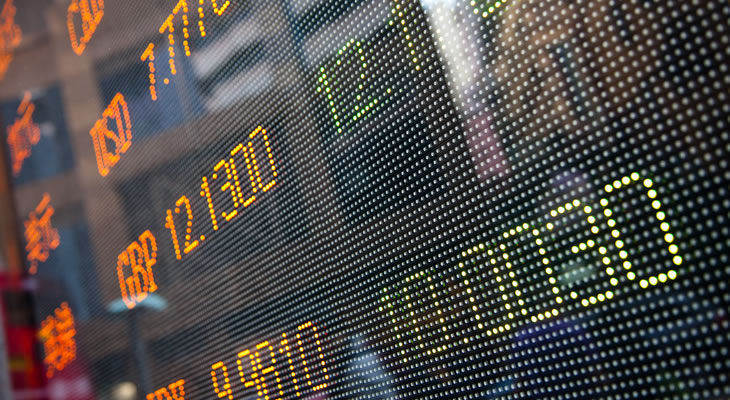The Pound Sterling to Japanese Yen (GBP/JPY) exchange rate weakened on Friday as demand for the safe haven Yen continues to be high and as Japan prepares to hold national elections at the weekend.
Over the course of the week, the Yen has rallied from its lowest levels in seven years. The currency had been battered lower by the introduction of more monetary stimulus measures by the Bank of Japan and the diverging economic policy of the bank and other central banks like the Bank of England and US Federal Reserve.
As oil prices, continue to plummet and concerns mount over the health of the global economy demand for the safe haven Yen returned. Also increasing safe haven demand is the Japanese general election due to be held at the weekend. The vote was called as Prime Minister Shinzo Abe seeks a vote of confidence from the electorate as the nation’s economy slid back into recession despite the introduction of a programme designed to shake it out of stagnation.
Abe is seeking a fresh mandate for his economic revival plans that critics say has been a total failure. Despite the evidence, suggesting that the critics are right Abe is expected to win the election comfortably as his popularity remains high due to his stance with regional rivals such as China.
“Although support for Abe and his Liberal Democratic Party has declined, support below 10 percent for the largest opposition party means that the LDP is still likely to maintain its majority of seats,” said Alison Evans, senior analyst at IHS Country Risk.
Data out of the world’s third largest economy has continued to disappoint with data published on Thursday showing that a key gauge of capital spending tumbled in October. The nation’s woes resurfaced earlier in the year as a sales tax increase dampened consumer consumption and capital expenditure fell more than forecast.
The Pound was also weakened by the release of a report, which showed that UK construction output declined sharply in October, adding to signs that the nation’s economy is experiencing a slowdown. The data published by the Office for National Statistics (ONS) showed the output fell by -2.2% on a month on month basis and grew by 0.7% on an annual basis. Economists had been expecting a monthly rise of 0.7% and a yearly figure of 1.3%.

